Your Energy is Expensive: Here’s how perfectionism keeps us stuck, stressed and time-poor
Last week, Taylor Swift said something that stopped me in my tracks and completely reframed how I think about perfectionism: "you should think of your energy as if it's expensive, as if it's like a luxury item. Not everyone can afford it."
Taylor's words hit me like a revelation: I had been treating my energy like it was worthless, throwing it around carelessly on tasks that didn't deserve premium investment. That forty-two-minute email? I had essentially handed over luxury goods to someone who hadn't even asked for them. What if we started treating our mental energy the way we treat our most precious resources with intention, boundaries, and strategic allocation?
I spent forty-two minutes rewriting the same email last week. Forty-two minutes crafting a follow-up message to an existing client. I questioned whether the opening line was too "pushy" and the ending too formal. Was it too long? Should I include dot points? Should I make it more succinct? By the time I hit send, I'd wasted precious time and mental space I needed for my actual work.
Have you ever struggled with this kind of self-imposed perfectionism, and therefore given your precious time and priceless energy away for free? That relentless inner voice whispering that everything must be flawless, that good enough is never actually enough, that one mistake will unravel everything you've worked for. We've been taught that perfectionism is a strength, a sign of high standards and dedication. So we throw our energy all in: but neuroscience reveals something entirely different...
The High Cost of Perfectionist Thinking: When Your Brain Overspends
Dr. Brené Brown's research on perfectionism reveals it as "the belief that if we live perfect, look perfect, and act perfect, we can minimise or avoid the pain of blame, judgment, and shame." But here's what happens in your brain when perfectionism takes the driver's seat: your amygdala, your inner ancient alarm system, interprets every task as a potential threat to your worth and belonging.
Neuroscientist Dr. Matthew Lieberman's work at UCLA shows us that social rejection activates the same pain centers in our brain as physical injury. When we're caught in perfectionist thinking, we're essentially living in a constant state of threat detection, scanning for ways we might fall short and face rejection. Our prefrontal cortex, the part of the brain responsible for creative problem-solving and flexible thinking, goes offline. We literally cannot access our best thinking when we're paralysed by perfectionist fear.
Think of it like this: perfectionism is your nervous system's outdated security system, still scanning for saber-toothed tigers in a world of PowerPoint presentations and parent-teacher meetings. It's trying to protect you, but it's actually keeping you trapped instead.
The Perfectionism Tax: Why You're Paying Premium for Poor Results
Here's where perfectionism gets especially sneaky: it doesn't actually make us perform better. Dr. Tim Pychyl's research on procrastination at Carleton University reveals that perfectionism is one of the strongest predictors of procrastination. When the stakes feel impossibly high, when anything less than perfect feels like failure, our brains choose avoidance over action.
I see this with my clients constantly. The marketing director who spends weeks perfecting a strategy document that never gets implemented. The executive who rewrites presentations so many times she runs out of time to actually practice delivering them. The entrepreneur who researches business plans into paralysis rather than taking the messy first steps toward her launch.
Perfectionism doesn't create excellence, it creates expensive delays and emotional exhaustion.
Research from Stanford psychologist Dr. Carol Dweck shows us that people with growth mindsets (who view challenges as opportunities to learn) consistently outperform those with fixed mindsets (who need to prove their worth through flawless performance). The growth-minded approach what's messy, iterate quickly, and see mistakes as data rather than verdicts on their character.
The Neuroscience of 'Good Enough': Your Brain on Progress
What if I told you that your brain is actually wired for "good enough"? Neuroscientist Dr. Lisa Feldman Barrett's research on emotion and the brain reveals that our neural networks are prediction machines, constantly making "good enough" guesses about what's happening and what we should do next. Your brain doesn't wait for perfect information, it actually acts on approximations, then adjusts based on feedback.
This is called "satisficing" (a blend of "satisfy" and "suffice"), a concept introduced by Nobel laureate Herbert Simon. Our brains are designed to find solutions that are good enough to meet our needs, then move forward. When we override this natural tendency with perfectionist demands, we're literally working against our neural architecture.
Consider how you learned to walk. You didn't spend months analysing the biomechanics of locomotion or waiting until you could guarantee a perfect first step. You fell down approximately 17,000 times (yes, researchers have counted), and each fall gave your brain the feedback it needed to calibrate your balance and coordination. Progress, not perfection.
The Cultural Context: Why Perfectionism Feels So Necessary
We can't talk about perfectionism without acknowledging the cultural water we're swimming in. For women especially, perfectionism often feels like a survival strategy. Research from the University of York shows that perfectionistic tendencies have increased significantly over the past three decades, with young women showing the steepest increases.
We're navigating workplaces that still question our competence, family dynamics that expect us to be endlessly available, and social media feeds that showcase everyone else's highlight reels. Perfectionism can feel like armour in a world that seems to demand flawlessness from us while being far more forgiving to others. We're giving away our expensive energy for free to systems that don't value it.
But what if the very thing we think is protecting us is actually holding us back?
Energy Budget Management: Investing Your Luxury Resource Wisely
The antidote to perfectionism isn't lowering your standards, it's getting strategic about where you invest your precious energy and attention. Dr. Amy Edmondson's research on psychological safety shows us that high-performing teams create cultures where "intelligent failures" are celebrated as learning opportunities.
You can create this same psychological safety for yourself through what I call "strategic imperfection". That is, deliberately choosing where good enough is actually perfect for your goals.
The 80/20 Excellence Rule
A great place to start is by categorising your tasks into three buckets:
The 20% that truly matters: Client presentations, important conversations, health decisions, these deserve your full attention and care
The 60% that needs to be good: Daily emails, routine reports, household management, functional is fabulous
The 20% that just needs to be done: Social media posts, thank-you notes, minor administrative tasks, speed over polish
This isn't about being careless, it is about being intentional with your finite cognitive resources.
The Two-Draft Rule
For any written communication that's triggering your perfectionist tendencies and sending you in a loop like it does with me - instead let’s try and commit to the two-draft rule:
First draft: Get your thoughts down without editing
Second draft: One quick pass for clarity and tone
Send: No third draft, no additional tweaking
Remember that most communication doesn't need to be literary masterpieces. It needs to be clear, kind, and complete. That’s all!
The Five-Minute Fix
When you catch yourself spiraling into perfectionist editing, set a timer for five minutes. What can you improve in five minutes? When the timer goes off, you're done. If you must, run it through AI to tidy up your work as a final tweak. Just once - then you're done. This trains your brain to work within constraints rather than expanding tasks to fill infinite time.
Addressing the Perfectionist's Deepest Fear
But what if you make a mistake? What if someone notices the typo, the slightly crooked wall hanging, the overflowing laundry pile, the dinner that's just okay instead of Instagram-worthy?
Here's what research tells us about mistakes: Dr. Janet Metcalfe's work on learning and memory shows that we actually learn more effectively from our errors than from our successes. When we make mistakes, our brains pay closer attention to feedback and create stronger neural pathways for future success.
More importantly, vulnerability researcher Dr. Brené Brown has found that people connect more deeply with our struggles and imperfections than with our polished presentations of success. That email I agonised over for forty-two minutes? The recipient probably skimmed it in thirty seconds and moved on with their day. Your humanity, including your beautiful imperfections, is your superpower.
The Physiology of Letting Go
When you choose good enough over perfect, I want you to notice what happens in your body. Your shoulders drop. Your breathing deepens. The tension in your jaw releases. This is your nervous system shifting out of threat mode and into what Dr. Stephen Porges calls your "social engagement system". This is the state where creativity, connection and calm decision-making flow easily.
This physiological shift isn't just more pleasant, it's more productive too. When your nervous system feels safe, your brain can access its full problem-solving capacity. You see solutions you missed when you were frozen in perfectionist paralysis.
Your Energy Investment Portfolio: A Week of Strategic Spending
This week, I invite you to experiment with strategic imperfection a few times:
Monday: Choose one routine task and do it at 80% of your usual standard. Notice how much time and energy you save!
Wednesday: Send an email after just one revision instead of your usual three (or seven!!). Pay attention to any catastrophic outcomes (spoiler: there won't be any).
Friday: Reflect on what you were able to create and accomplish when perfectionism wasn't running the show.
Remember: progress over perfection isn't about lowering your standards. It's about raising your standards for what deserves your precious energy and attention.
The Permission You've Been Waiting For
Something important that I have to keep reminding myself - and I want to share with you too - is that you don't have to earn your worth through flawless performance. Your value isn't determined by the absence of mistakes or the presence of perfection. Your energy is a luxury item. Not every task, person, or situation can afford your premium attention and that's not selfish, that's strategic.
The world doesn't need another perfect presentation or flawlessly curated life. It needs your authentic contribution, your real voice, your willingness to show up even when you can't guarantee the outcome.
Good enough is the enemy of perfect, that's exactly why it works.
What would you create if you knew it didn't have to be perfect? What would you try if good enough was genuinely good enough? The answer to those questions might just change everything for you like it has for me.
What's one area where you're ready to experiment with strategic imperfection? I'd love to hear about your good-enough victories in the comments below.
Want more tools for emotional wellbeing? Join over 1,000 women receiving weekly insights and practices by subscribing below.
Weekly micro-practices for emotional wellbeing
Early access to workshops, classes and courses
Free resources, tools and tips
Connect: Join the waitlist for The Circle (August Edition) - a virtual gathering where we explore and practice mindfulness-based tools and techniques in community.


